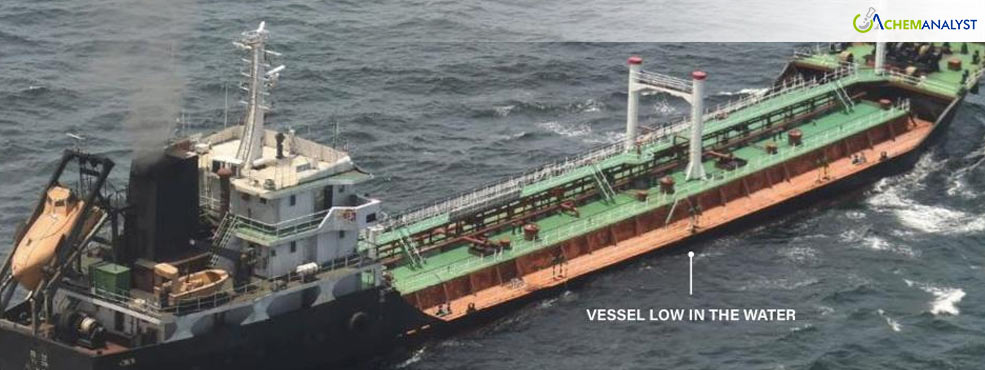Welcome To ChemAnalyst

In a concerning revelation, Russia has reportedly supplied North Korea with more than a million barrels of oil since March 2024, breaching United Nations sanctions that prohibit the sale of oil to the isolated state. These findings have drawn the attention of international security experts, who suggest the oil exchanges are tied to a growing military partnership, with North Korea reportedly providing Russia with both weaponry and military support for its ongoing war in Ukraine.
The United Nations imposed strict sanctions on North Korea to curb its nuclear weapons program, including a cap on the amount of refined petroleum the country can import. Under these sanctions, the amount of oil North Korea is allowed to purchase is limited to 500,000 barrels annually, far less than the estimated demand. Despite these limitations, Russia appears to have become a key supplier, allegedly violating these sanctions by delivering oil to North Korea at a much larger scale. More than a dozen North Korean oil tankers have made repeated trips to Russian oil terminals in the Far East, with a total of 43 documented arrivals over the past eight months. Satellite images show the tankers arriving empty and leaving filled, providing further evidence of the oil deliveries.
The relationship between Russia and North Korea has been increasingly scrutinized in recent months as Moscow has sought to strengthen its ties with Pyongyang in light of Western sanctions. Several reports suggest that North Korea has been supplying Russia with artillery shells and rockets to support its war effort in Ukraine, while Russian authorities have allegedly offered North Korea oil, technology, and other goods in exchange for this military assistance. The situation has raised alarm among international observers, particularly as the United Nations and the U.S. have warned Russia against deepening its collaboration with North Korea.
The U.K. Foreign Secretary, David Lammy, condemned Russia's actions, stating that the exchange of oil for weapons violates both international law and the spirit of UN sanctions aimed at curbing the development of weapons of mass destruction. Lammy stressed that such actions only serve to destabilize the region further and increase the threat posed by North Korea’s nuclear ambitions.
North Korea’s access to oil has long been a point of contention. As one of the few countries in the world not permitted to purchase oil on the open market, North Korea’s energy needs are highly constrained. The UN’s petroleum cap has only exacerbated the country’s economic isolation, but the satellite evidence suggests that Russia is helping to circumvent these restrictions. The UN sanctions aim to pressure North Korea’s economy in order to prevent it from advancing its nuclear weapons program, but these ongoing violations by Russia undermine the global effort to contain Pyongyang’s military ambitions.
These developments highlight growing concerns over Russia’s increasing reliance on international pariah states like North Korea to sustain its war efforts and evade international sanctions. As the situation unfolds, experts believe that further violations of UN sanctions could lead to intensified global diplomatic and economic repercussions for Russia.
We use cookies to deliver the best possible experience on our website. To learn more, visit our Privacy Policy. By continuing to use this site or by closing this box, you consent to our use of cookies. More info.
